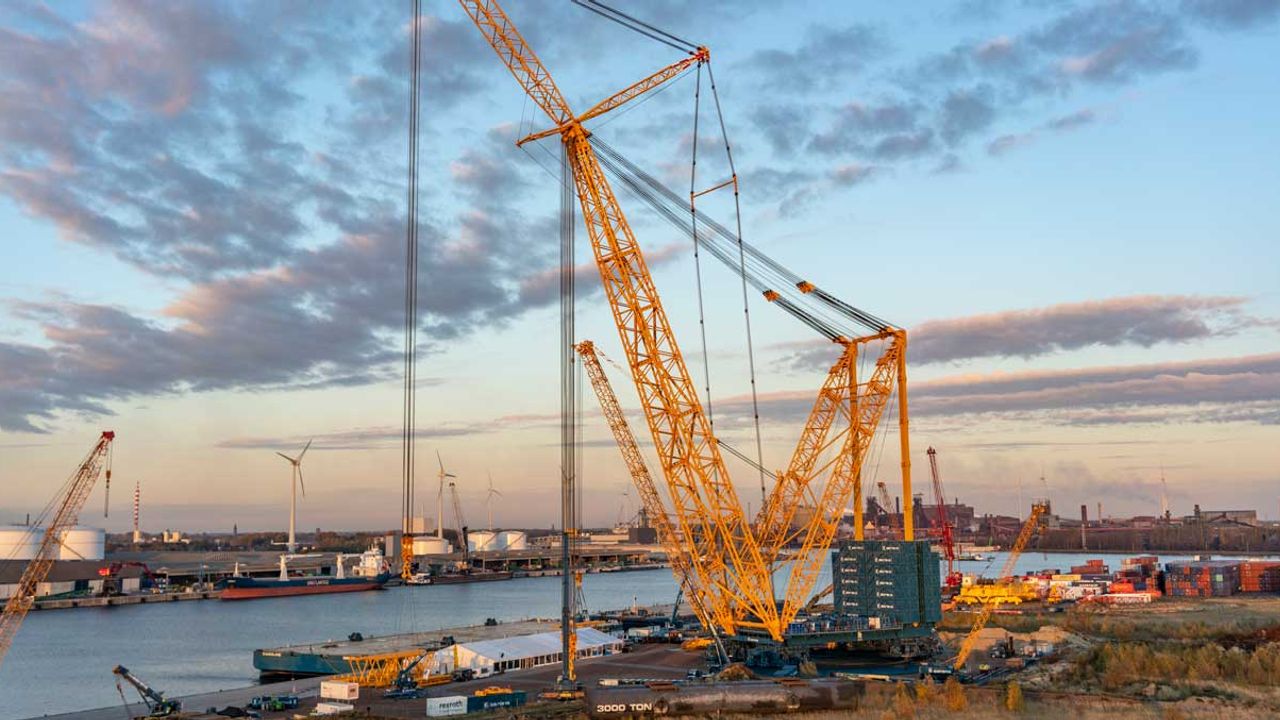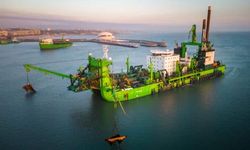The funding will support the development of a heavy lift Operations and Maintenance (O&M) hub at Associated British Ports’ (ABP) Port Talbot in Wales, a joint project by Tugdock and Sarens.
The facility aims to provide advanced support for heavy lift equipment in floating offshore wind projects in the Celtic Sea. With strategic backing from industry stakeholders such as ABP and RWE, the hub is designed to enhance maintenance, assembly, and logistics operations while reducing transit times and operational costs.
The £50 million Supply Chain Accelerator
The £50 million Supply Chain Accelerator was launched in May 2024 to facilitate the early-stage development of supply chain projects supporting the UK’s offshore wind sector. Port Talbot’s location near the Celtic Sea positions it as a key hub for these activities.
Tugdock specialises in Tugdock Submersible Platforms (TSPs) designed for offshore transport and logistics. These modular steel space frames incorporate inflatable buoyancy units, offering a flexible, cost-effective alternative to traditional steel-hulled barges and port infrastructure. Sarens, a leader in crane rental, heavy lifting, and engineered transport, brings expertise in equipment and operations. Together, the two companies aim to provide integrated solutions for the floating offshore wind industry.
Lucas Lowe Houghton, Chief Revenue Officer at Tugdock, stated that the facility will enhance Port Talbot’s competitiveness in the global floating offshore wind market. The project is also expected to support local manufacturing by offering solutions for assembly, loadout, and launching.
Carl Sarens, Director of Global Operations, Technical Solutions, and Engineering at Sarens, noted that the hub will offer comprehensive services, including heavy lifting equipment, storage, training, and consultancy, reducing the need for multiple contractors and lowering overall costs. The initiative is also projected to create significant employment opportunities, contributing to regional economic development.
£1.4 billion of Contribution
In early 2024, The Crown Estate published the Celtic Sea Blueprint, which estimated that the deployment of floating offshore wind capacity in the Celtic Sea could generate 5,300 jobs and contribute £1.4 billion to the economy. The blueprint highlighted the need for supply chain growth in areas such as floating platform components, dynamic cables, wet storage, and operations and management infrastructure.
The Crown Estate’s Supply Chain Accelerator program is part of its broader effort to promote net zero, support economic growth, and create long-term value for the UK. Offshore Wind Strategy Director Will Apps emphasized the importance of strengthening the UK’s domestic supply chain to meet offshore wind targets, support clean energy goals, and boost local economies.







